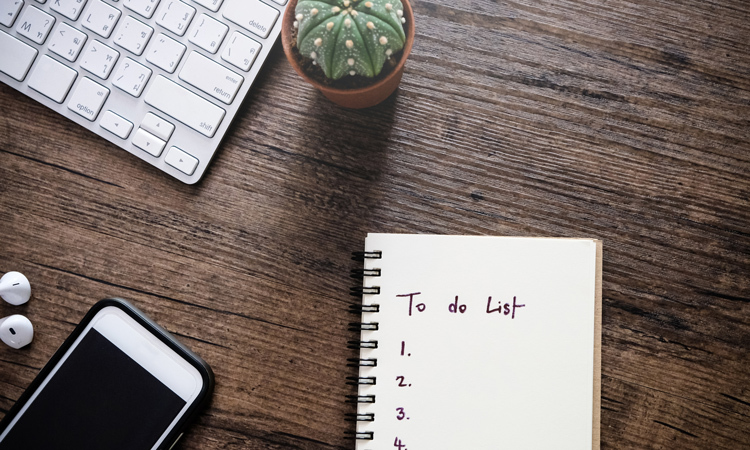SSS Team, SSSPORTS.COM

The holy month of Ramadan implies staying up late into the night and waking up early for Suhoor, followed by over 14 hours of fasting. For many, it means going into work in a fasted state which could lead to poor focus and lowered productivity.
To help you function at your best, here are some tips to get you through your day at work.

Planning and scheduling your workday ahead of time can help maximize productivity. It is a known fact that the body is most energetic and focused early in the morning. Therefore, we highly recommend you start your day with your toughest tasks as energy and concentration levels will dip through the day. In case you feel the onset of fatigue or drowsiness, step away from your desk or screen and take a short walk to refresh your senses.
If you love your morning coffee, it is important to reduce your caffeine intake a week before Ramadan begins. This prepares your body in advance to adjust to the lack of caffeine while fasting and allows you better manage withdrawal symptoms such as headaches, and build your concentration without depending on caffeine.
Eating different types of foods that fill you with energy for the long fasting hours, is highly recommended. Fruits and vegetables are not only rich in fibre but also vitamins which helps with immunity building. These foods tend to satiate and keep you feeling full for longer. An addition to your diet this Ramadan should be Greek yoghurt. Packed with double the protein in comparison to regular yoghurt, it keeps thirst at bay.

The numero uno during this period is your water consumption between Iftar and Suhoor. To maintain hydration while fasting and to boost metabolism, drinking sufficient amounts of water and exercising should be a priority during Ramadan. It may be best to work out 2-3 hours after Iftar or engage in light exercises an hour prior to breaking fast. A lot of fluid is lost through sweat while working out, and the added pressure of the body in a fasted state makes it all the more necessary to drink good amounts of water. In addition to keeping you hydrated, water eases the burden off your kidneys and liver.
Without caffeine to wake you up, getting a sufficient amount of sleep will help you stay focused at work. Maintaining a sleeping schedule during Ramadan is difficult, especially since most stay up all night and sleep only after Fajr prayers. An alternative is to eat an early Suhoor and sleep right after, or sleeping early, waking up for Suhoor and then returning to bed. Sleep during this time is of utmost importance, as a well-rested body will help you power through your day.
Working during Ramadan can be very challenging, but engaging in the right habits could get you through the holy month and feeling like the best version of yourself .
Tag us in your Ramadan workouts on Instagram @sunsandsports.
Subscribe below to our newsletter and download our app on the App Store or Google Play for latest updates.